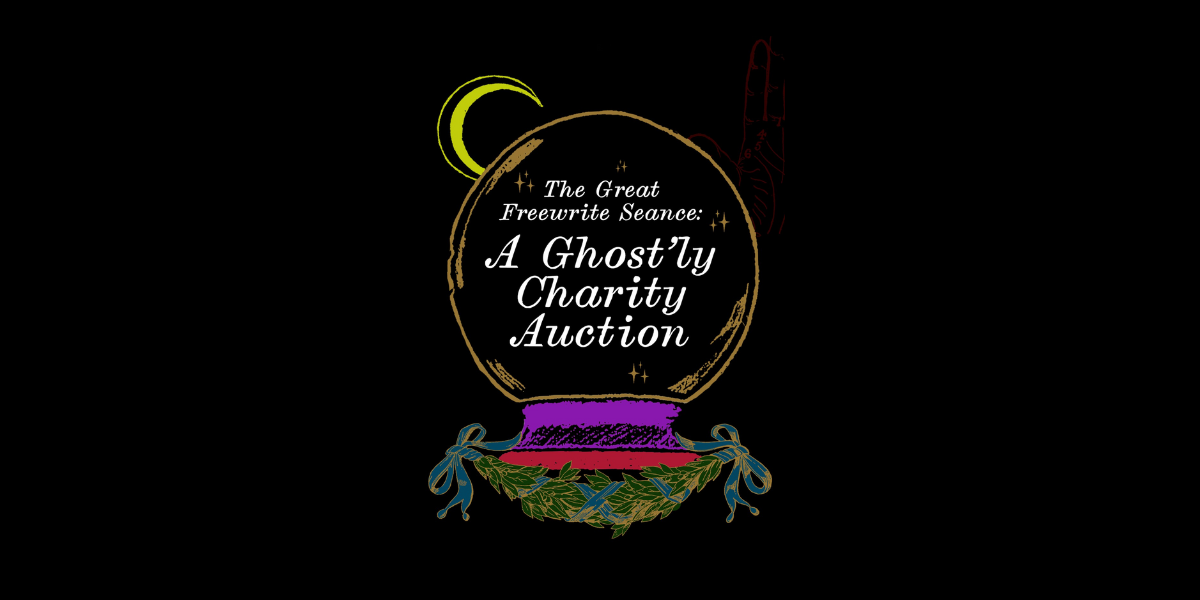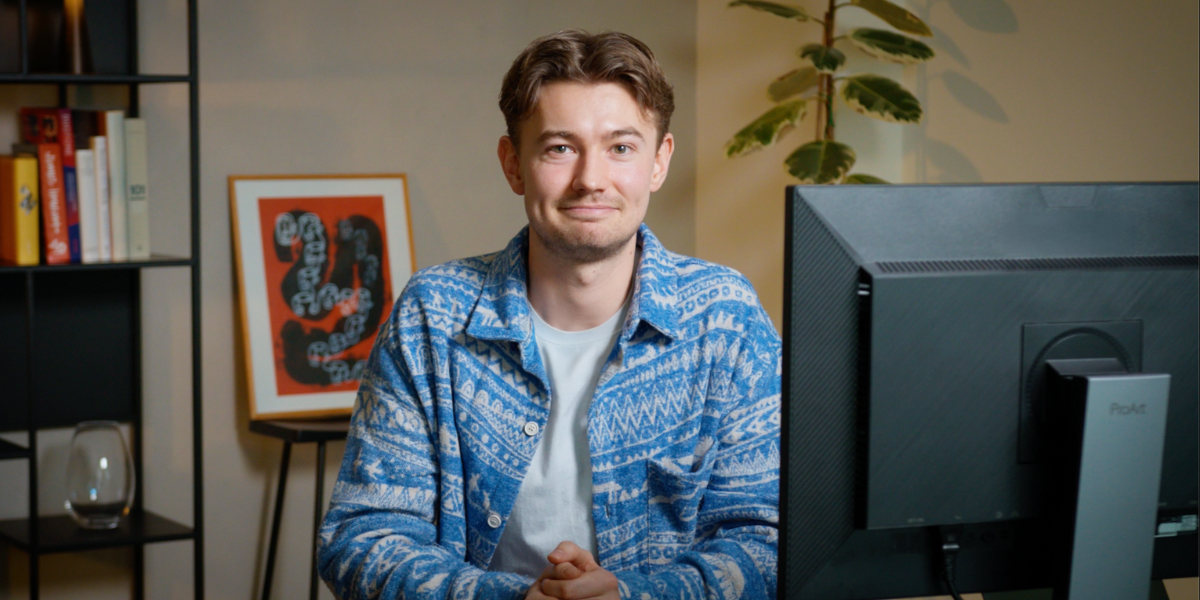Do you ask yourself the same questions about your current work over and over again, making no headway whatsoever? Or maybe you find yourself sitting in front of your story, mind spinning, making no progress?
This likely means you’re overthinking it.
We spoke with writing expert K.M. Weiland about this common writer problem and how you can overcome it.

K.M. Weiland writes historical and speculative fiction — usually a mix between the two, such as dieselpunk and gaslamp fantasy — so she knows a thing or two about complex stories and themes.
Eleven books in, she also knows a thing or two about writing. That’s what led her to create HelpingWritersBecomeAuthors.com and her acclaimed writing guides, Structuring Your Novel and Creating Character Arcs.
As a self-proclaimed outliner, she was our go-to for a common question we hear from writers:
How do you know when you’re overthinking things? And how do you escape that cycle?
AC: First off: You're a plotter, not a pantser, right? That involves a lot of thinking.
KM: I’m fascinated by systems and organization, which is what I study and share on my website and podcast, as well as my writing-craft books. So it's no surprise I’m a plot-forward planner. Outlining is my favorite part of the process.
I write extensive outlines that, in some ways, are more of my rough draft. This part of the process is no-pressure. It’s just a stream-of-conscious conversation with myself as I ramble through the possibilities of my story.
At this point in time, almost twenty years and eleven novels on, I’ve developed an in-depth process, which I’ve written about on my blog and in my book Outlining Your Novel. I start out with general brainstorming, then move on to character sketches, worldbuilding, and finally scene outlines, before starting research (if necessary) and the first draft.
I write extensive outlines that, in some ways, are more of my rough draft. This part of the process is no-pressure. It’s just a stream-of-conscious conversation with myself as I ramble through the possibilities of my story.
AC: It's so interesting that there's freewriting in your outlining process. So where's the line? How does a writer know they're overthinking things?
KM: There is an important distinction between overthinking and developing excellent critical thinking skills. One of the best ways I know to do the latter is to focus on the quality of questions you’re asking yourself.
If you’re asking good questions, you’re not overthinking.
But when you’re just swimming in circles of self-criticism or perfectionism, then that — in my experience — is when you know you’ve crossed the line into overthinking.
Overthinking is almost always the emergent of two different causes. The first is simply a lack of knowledge. When we don’t have enough context to help us ask the right questions, this inevitably leads to us circling the same ideas over and over again, unless and until we find a thread to pull.
The second cause of overthinking is perfectionism. Writers often ask me how they can know when an outline or a first draft is “finished.” My somewhat tongue-in-cheek answer is always, “When you reach the end.”
But perfectionism can make it difficult to know when you’ve reached that point.
But when you’re just swimming in circles of self-criticism or perfectionism, then that — in my experience — is when you know you’ve crossed the line into overthinking.
AC: What are the dangers of overthinking in your writing? What do you risk losing?
KM: Again, it’s a fine line. If we underthink, then we risk producing work that is far below our own capabilities. We aren’t pushing ourselves or looking inside for our deepest truths and most original ideas.
However, creativity is a sometimes capricious state of being. It operates best from within “the zone” — when our brains are in Alpha state, which is the opposite of the busy mind we general experience in Beta.
Overthinking, born of perfectionism, can also send us into discouragement. Continually asking ourselves generic questions that lack useful answers (e.g., “is this good enough?” or “should I tweak this just to see what happens?” or “is my dialogue stupid?”) just wears us out. We never get anywhere useful with such lines of thought, and they almost always end up triggering our insecurities rather than actually improving the work.
Continually asking ourselves generic questions that lack useful answers (e.g., “is this good enough?” or “should I tweak this just to see what happens?” or “is my dialogue stupid?”) just wears us out.
AC: So how do you stop those lines of thinking?
KM: The first step is simply to keep learning. Broaden your context of storytelling knowledge. The more you know about stories, what works, and what doesn’t, the more intentional you can be in the questions you are asking yourself about your own writing.
You can’t think your way to a good ending if you have no idea of the storytelling principles (such as plot structure) that create a good ending. But you can feed your mind more knowledge, as well as exploring your own storytelling instincts through creative experience.
Part of this growth includes the second step, which is learning to ask high-quality questions. Instead of generic questions, such as those I mentioned previously, strive to activate your critical thinking skills (which, again, is the opposite of overthinking) to ask very specific questions.
This requires growing your ability to truly understand your own instincts. Instead of overthinking, ask yourself what you’re feeling about your story. If you have an uncomfortable niggle, where is it coming from? Is it coming from your own insecurities or from a legitimate lack of knowledge about how to do something? Or is it coming from a specific problem in the story that you can get dig deeper into?
Finally, addressing your relationship with the toxic inner critic is vital. A healthy inner critic guides us toward legitimate growth and improvement, while a toxic inner critic only tears us and our work down. Most overthinking falls into the latter category.
A healthy inner critic guides us toward legitimate growth and improvement, while a toxic inner critic only tears us and our work down.
AC: Couldn't agree more that mastering that relationship with your inner critic is critical to a happy, productive creative life. Any last advice for writers struggling with overthinking?
KM: Don’t overthink the fact that you’re overthinking! Seriously. Take a step back — or maybe even some time off if necessary. Let your unconscious brain take over. It has all the good answers anyway.
And if it just isn’t coming up with what you need, then it probably needs to be fed more information. Take some time off to fill your well by reading whatever feels most pertinent. Answers always come when we’re patient. They’re not always the answers we’re hoping for, but as soon as we ask the right question, the answer will appear.
You can find more writing advice from me at HelpingWritersBecomeAuthors.com, where I publish in-depth posts and podcasts that include the critical thinking and important knowledge writers need to create the context for asking the right questions.































